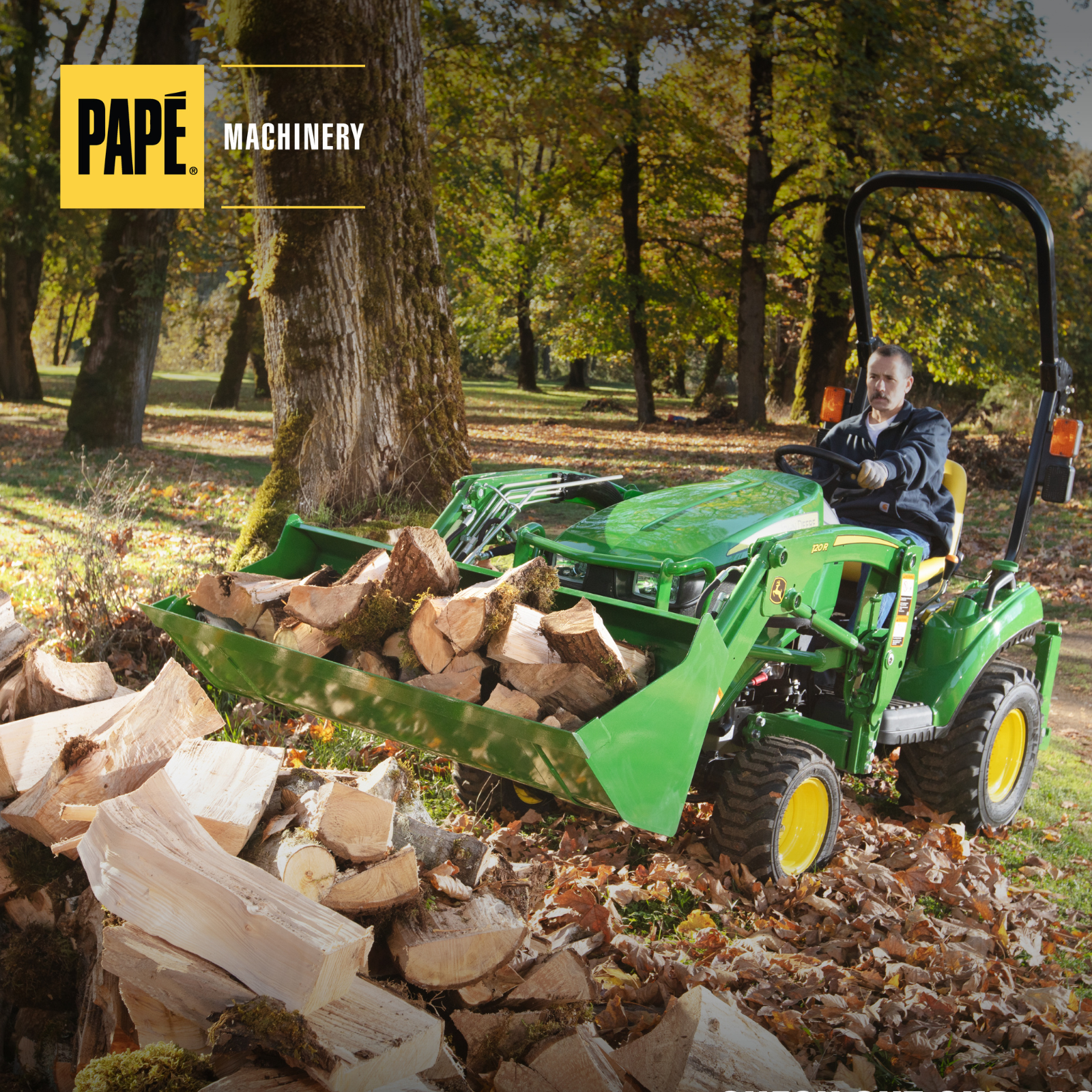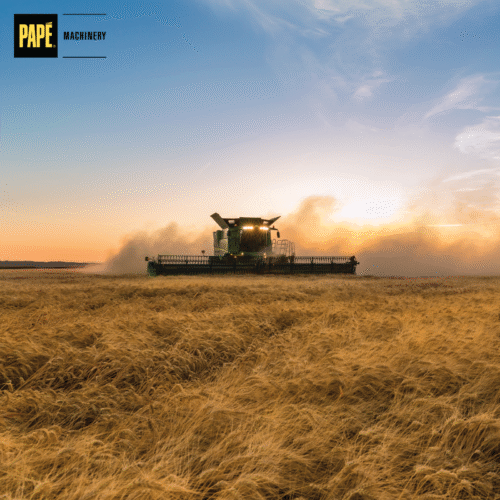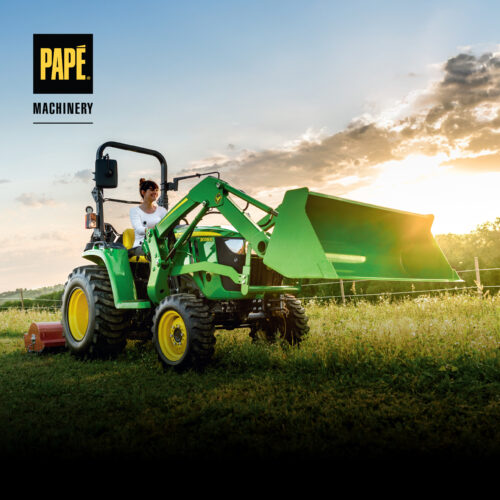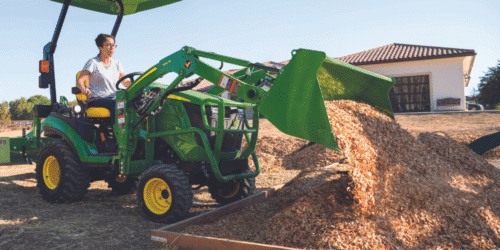Cold winter mornings can make starting a diesel engine in cold weather challenging. If your equipment hesitates to turn over, you’re not alone: low temperatures can cause diesel fuel to gel, reduce battery efficiency, and make your machine sluggish.
With newer diesel equipment, you typically shouldn’t experience cold-start issues, but if your machinery struggles, the following winter diesel maintenance tips will help you prevent fuel gelling and ensure your equipment is ready to tackle the day.
Why Is My Diesel Engine Hard to Start in Cold Weather?
Cold weather impacts diesel engines differently than gas-powered machines:
- Fuel Gelling: In freezing temperatures, diesel fuel can thicken and gel, restricting fuel flow.
- Battery Strain: Batteries produce less current in the cold, making cranking harder.
- Cold Engine Components: Oil, coolant, and metal parts contract, increasing internal resistance.
Using the right winter diesel blends and proper starting aids can significantly improve cold-weather starts.
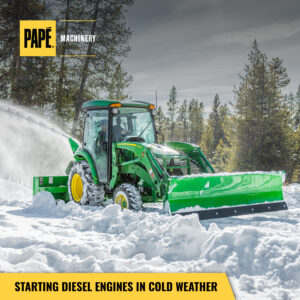
1. Use Proper Seasonal Diesel Blends
Keep your diesel engine running smoothly year-round by using the correct seasonal blends. Winter-grade diesel contains anti-gel additives designed to prevent fuel from thickening in low temperatures.
If you use a summer blend in winter conditions, you may experience diesel fuel gelling and hard starts. Check with your fuel supplier to ensure you’re using the correct blend for the season.
2. Watch Your Biodiesel Percentages
Biodiesel reacts differently in cold weather than conventional diesel. Higher concentrations tend to gel faster, making it harder to start your engine.
John Deere recommends limiting biodiesel to 5% (B5), but blends up to 20% (B20) still meet ASTM standards. If you make your own biodiesel blends, avoid high concentrations during the winter months to reduce cold-start issues.
3. Idle Before Hitting the Road
Extremely cold temperatures can cause internal components to contract and fluids to thicken. Always let your engine idle at a low speed for a few minutes before putting it under load.
This step is especially important for snow removal equipment and other machines used in freezing temperatures.
4. Maintain Your Cooling System
Your cooling system is critical year-round but often overlooked.
- Check coolant levels regularly.
- Ensure your antifreeze-to-water ratio matches manufacturer recommendations.
- Inspect hoses and connections for leaks or wear.
Neglecting your cooling system can lead to performance issues and even engine damage during winter.
5. Engage Starting Aids
If your diesel struggles to start despite using proper fuel blends, your starting aids may not be working correctly. Most modern diesel engines come with one or more of these aids:
- Glow Plugs – Heat the air inside the cylinder before fuel injection for easier cold starts.
- Intake Pre-Heaters – Warm incoming air to improve ignition in frigid temperatures.
- Block Heaters – Recommended for equipment operating in sub-20°F conditions. They warm the coolant inside the engine block, making ignition faster and more reliable.
When to Call for Professional Diesel Service
If you’ve followed these cold start diesel engine solutions and still struggle to start your equipment, it may be time for professional help.
Papé Machinery Ag & Turf offers 24/7 diesel engine support at all of our full-service facilities across the western U.S. Our certified technicians provide:
- Complete diagnostic services.
- Genuine John Deere diesel parts.
- Mobile service units for on-site repairs.
- Expertise in maintaining the latest diesel engine technologies.
Preventive Maintenance Tips for Diesel Engines in Winter
- Use winter-grade diesel with anti-gel additives.
- Inspect glow plugs, block heaters, and pre-heaters before the cold season starts.
- Follow your equipment manufacturer’s winter maintenance schedule.
- Keep batteries fully charged to improve cold cranking performance.
With the right preparation, you can minimize downtime and keep your diesel equipment running smoothly, even on the coldest days.




